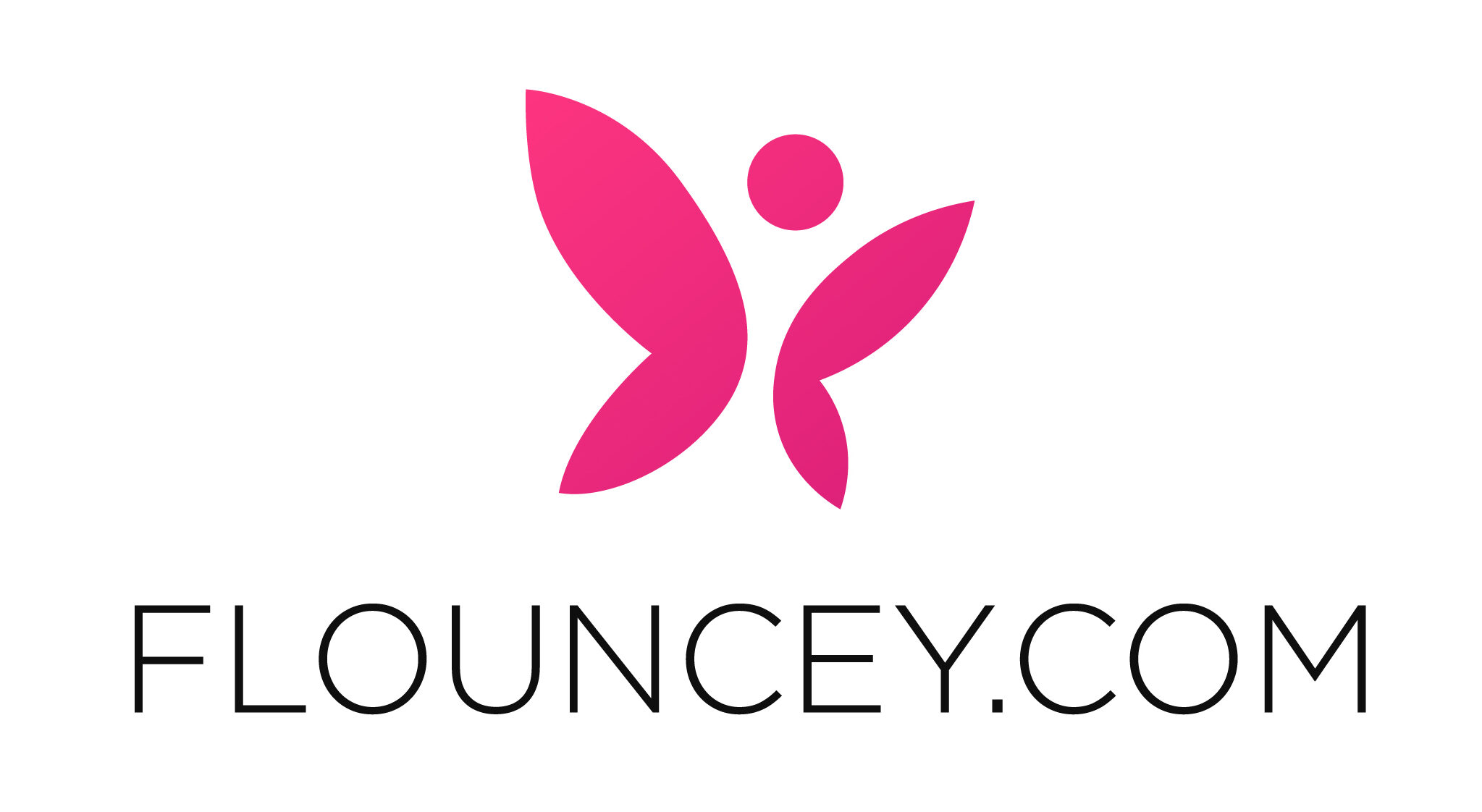We often hear about cholesterol in conversations about heart health, but what do we know about it? What is this substance, why is cholesterol so feared, how does “good” cholesterol differ from “bad” cholesterol and what foods should be eaten to keep your heart healthy – our material tells us.
What is cholesterol?
Cholesterol is a polycyclic alcohol similar in consistency to wax. Approx. 80% of cholesterol is synthesized in the body naturally, and only 20% comes with food. Cholesterol is an integral part of cell membranes, vascular walls, ensuring their strength and timely regeneration. It participates in the synthesis of hormones and our own vitamin D.
Cholesterol is divided into two kinds – low density lipoproteins (LDL or “bad” cholesterol) and high density lipoproteins (HDL or “good” cholesterol). The latter performs all of the above functions, and strengthens blood vessels and the heart muscle. The former leads to clogged blood vessels, provokes blood clots and increases the risk of stroke and atherosclerosis.
By adding certain foods to your diet, you can get your cholesterol levels under control, increasing the ‘good’ and decreasing the ‘bad’ cholesterol. Find a list of healthy foods below.
Bitter chocolate
Cocoa beans are a veritable treasure trove of antioxidant flavonoids, which are known for their power in fighting free radicals, damage from which affects cardiovascular health. Choose chocolate with at least 70% cocoa and eat it regularly, but in small portions. This will significantly improve your blood lipid profile and prevent you from gaining excess weight.
Strawberries
Polyphenols, plant compounds that are rich in the seasonal berry, among other things, are known for their ability to strengthen the cardiovascular system. The active substances in strawberries affect the production of HDL (good cholesterol), strengthen the walls of blood vessels and strengthen the heart muscle. We wrote more about the benefits of the summer berry here.
Raspberries
Raspberries boast an equally rich composition as strawberries. In addition to the powerful antioxidant polyphenols, the berry is rich in soluble fibre, which also plays an important role in cardiovascular health and is great for improving digestion.
Avocado
Avocados are a major superfood and can be found on any health food list, and justifiably so. Rich in unsaturated fatty acids, the oily fruit helps keep ‘bad’ cholesterol levels under control, cleanses blood vessels, strengthens their walls and prevents blockages. Why you should still add avocado to your daily diet, we told you here.
Quinoa
Quinoa has long been known as an excellent source of vegetable protein and fibre, but its health benefits don’t end there. Thanks to its rich mineral composition, quinoa can improve blood flow, prevent blood vessel blockages and lower LDL levels.
Olives and olive oil
The protagonists of the Mediterranean diet (read more about it here) are olives and olive oil. These foods are unusually rich in monounsaturated fatty acids – healthy fats that are important for the proper functioning of all body systems. They increase “good” cholesterol and are an excellent preventative measure against cardiovascular diseases.
Pistachios
Pistachios are one of the three most low-calorie nuts, have a beneficial effect on the health of the hair, and play a significant role in the prevention of cardiovascular diseases. They are rich in fibre, antioxidants and vitamins that protect cells from oxidative damage and strengthen blood vessels and the heart.
Bananas
Bananas help eliminate “bad” cholesterol from the body, preventing it from entering the bloodstream and clogging the arteries. For a better effect, experts recommend adding bananas to your morning oatmeal, paired with chia seeds.
Image Attribution & Sources for this page
- Foods providing low cholesterol diet: License Date: April 14th, 2023 Item License Code: 3GKHZQSUA6
